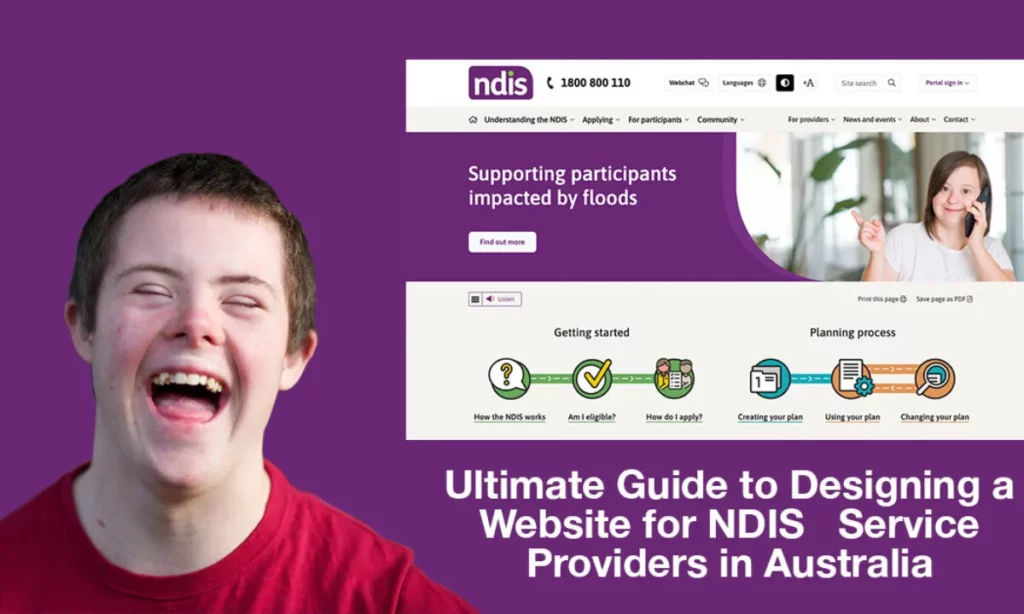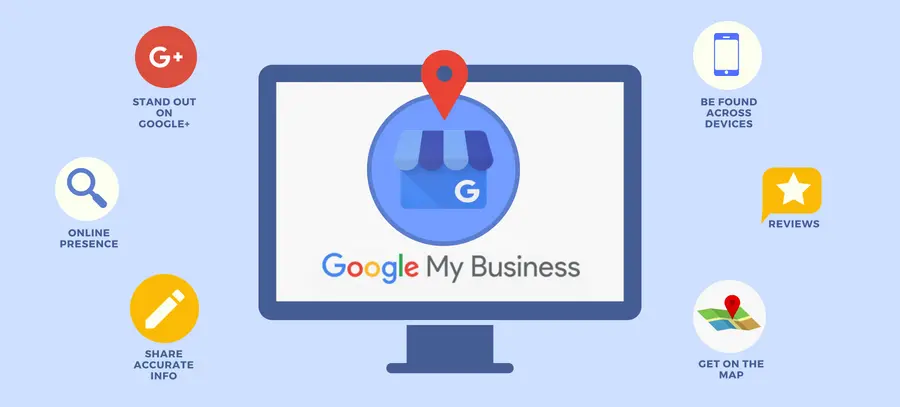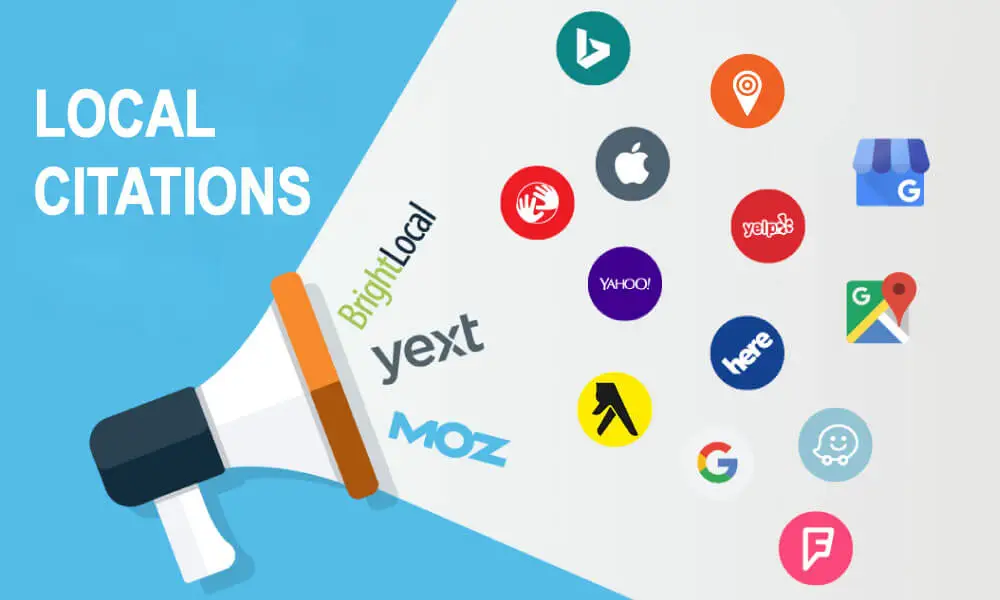To grow your NDIS (National Disability Insurance Scheme) business, leveraging local SEO (Search Engine Optimization) is crucial for increasing visibility among people in your target area who are searching for disability support services. Here are few local SEO strategies that can help your NDIS business thrive:
1. Design an Informative Website
Think about finding an NDIS service website that has a clean, expert appearance, clear contact information, and easily comprehensible content. Your visitors will be engaged by that kind of website!
Advice on how to make it stand out:
- Educative Content: Distribute articles, advice, and thorough manuals that complement your service offerings and are pertinent to people with disabilities, their families, and careers.
- Boost SEO: Increase SEO For improved search engine performance and more online visibility, incorporate relevant keywords into your website's structure and optimize it.
- Key Information: Make sure that your team biographies, NDIS accreditation, contact information, and services are clearly displayed and accessible.
2. Increase Your web presence Using Google My Business (GMB)
- Claim and Maintain: After claiming your GMB listing, make sure that all of your company’s details—including name, address, phone number, and hours of operation—are up to date and accurate.
- Choose Applicable Categories: Make sure Google correctly identifies your offers for searches by choosing the appropriate categories for your organization, such as “Disability Support Provider” or “NDIS Registered Services.”
- Employ Visuals and Updates: Regularly provide stunning photos that highlight your company’s offerings, personnel, or events. To inform and engage potential customers, utilize Google Posts to highlight exceptional updates, noteworthy news, or service opportunities.
3. Local Keywords Optimization
Your NDIS business success depends on keyword optimization because it makes sure that your services are easily found online. Strategically working with keywords related to the National Disability Insurance Scheme (NDIS) might bring in individuals, parents, and families looking for specific kinds of support. Here’s how to properly optimize keywords:
- Analyze Relevant Keywords: To determine the most often searched terms in your field of business, use programs such as SEMrush or Google Keyword Planner. Pay attention to terms like NDIS provider, NDIS disability services, NDIS plan management, and terms that relate to your area, such NDIS provider in [city]
- On-Page SEO: Organically include your target keywords in headers, content, meta descriptions, and page titles, among other important sections of your website. In order for search engines to understand the relevance of your services, make sure you don’t overdo them and instead position them wisely.
- Local Intent: By conducting local keyword research, you can find search terms—like near me or location-specific queries—that clearly reflect a local intent. Including these keywords in your website’s content aids Google in determining how relevant the information is for local searches.
Keep in mind that long-tail keywords with location-specific terminology are crucial for local SEO optimization. This improves your chances of drawing in local clients by drawing in highly relevant and targeted traffic. Use analytics tools to monitor the performance of your keywords and modify your plan as necessary. Refine the keywords that aren’t performing as well and concentrate more on those that are generating enquiries or traffic.
4. Citations and Local Listings for NDIS Business
Having reliable and regular citations and local listings can greatly increase an NDIS business’s visibility and reputation in local search results. How to maximize them is as follows:
- Name, Address, Phone Number (NAP): Ensure that all online directories and listings use the same name, address, and phone number for your NDIS business. Information that is inconsistent might confuse search engines and hurt your website’s SEO efforts. Verify that all directories accurately and up to date list your business hours, services, and website link.
- Register on Local Directories: In order to reach your target audience directly, claim and improve your listings on Bing Places, Apple Maps, and industry-specific platforms like MyCareSpace, Disability Support Guide, Clickability, and NDIS-related portals. You should also make sure your NDIS business is listed on general local directories like Yellow Pages, TrueLocal, and Yelp.
- Encourage and Manage Reviews: Ask customers and their family to post feedback on Google My Business, Facebook, Yelp, and directories exclusive to your sector like Clickability and MyCareSpace. Respond to reviews from customers to maintain a relationship, both good and bad. This develops trust and demonstrates your interest in participant input.
- Submit to Niche Listings: To expand your customer base within the disability community, list your NDIS company in specialized healthcare and disability directories like NDIS provider Finder and Local Healthcare provider Directories. A few community organizations or local authorities might include directories of nearby service providers, including assistance for people with disabilities.
5. Mobile Optimization and User Experience
- Responsive Layout: Make sure your website is mobile-friendly, loads quickly, and has an easy-to-use interface because most local searches take place on mobile devices. Include obvious CTA buttons (such as Book an Appointment, Call Now, or Learn More to make it simple for visitors to get in touch with you. Make sure your contact information is clickable and easily accessible on mobile devices.
- Easy Contact Options: Click-to-Call: Make sure your business has a noticeable button that allows customers to call you immediately from their mobile devices. Make sure it’s simple for mobile users to complete forms. Use input fields (such as a numeric keyboard for phone numbers) that adapt automatically to the type of information being typed.


